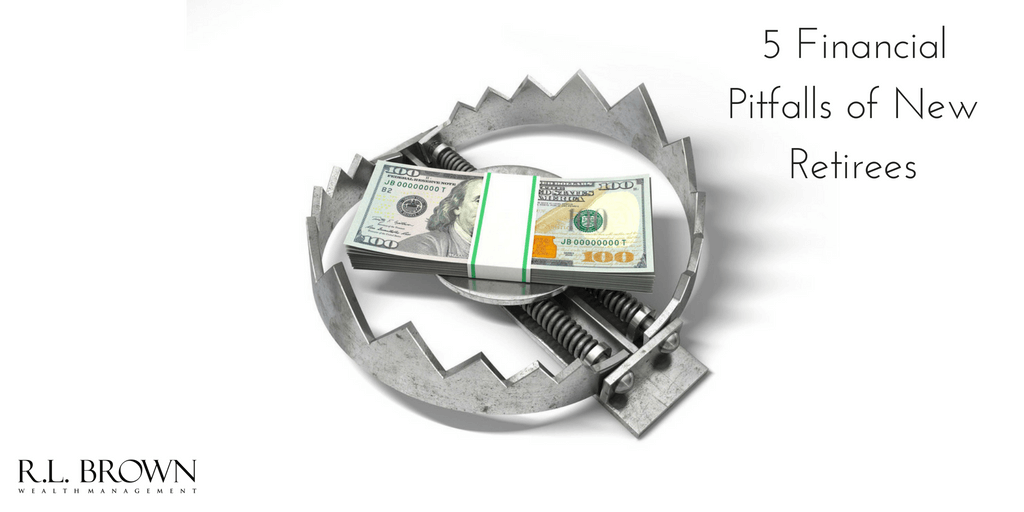Whether you’re nearing retirement or already retired, a concept with which you may not be familiar is a Medicare surtax. It’s an important one to consider, however, as knowledge of it will help you plan accordingly, thus hopefully avoiding it as much as you can during your golden years.
If you’re in a low- to middle-income bracket, you may not even consider this tax a possibility, but there are several scenarios that make it quite possible for you to be subject its hefty 3.8 percent fee.
Established in 2013, the tax applies to net investment income for married taxpayers with modified adjusted gross income (MAGI) above $250,000, and single filers with MAGI above $200,000.
Think about it: if you’ve recently received an inheritance, sold a business or highly appreciated piece of real estate, the proceeds could easily push you into that income bracket.
The revenue you receive from 401(k) plans, individual retirement accounts, qualified retirement plans and pensions additionally counts toward your annual net income.
You may be surprised how all of these income sources added up can quickly push you over the surtax threshold. This is especially the case if you withdraw large sums of money at the same time—whether it’s to purchase a vacation home, or travel for an extended period of time.
Profits from the sale of a principal residence, up to $500,000 for married tax filers and $250,000 for single filers, are not subject to capital-gains treatment. But beware: any proceeds above that threshold will be taxed as a capital gain and will additionally be subject—either partially or entirely—to the 3.8 percent surtax.
However, any gain beyond that amount is not only taxed as a capital gain but is also subject, either in part or in full, to the additional 3.8 percent surtax if it pushes annual income over the threshold.
Bottom line: If you think you could be in danger of the Medicare surtax, talk to a financial professional. He or she may have some strategies in mind, such as recharacterizing income or gifting appreciating assets, to help you reduce or avoid this additional tax and protect your retirement savings. Act quickly, however, because all such methods must be implemented by Dec. 31.







